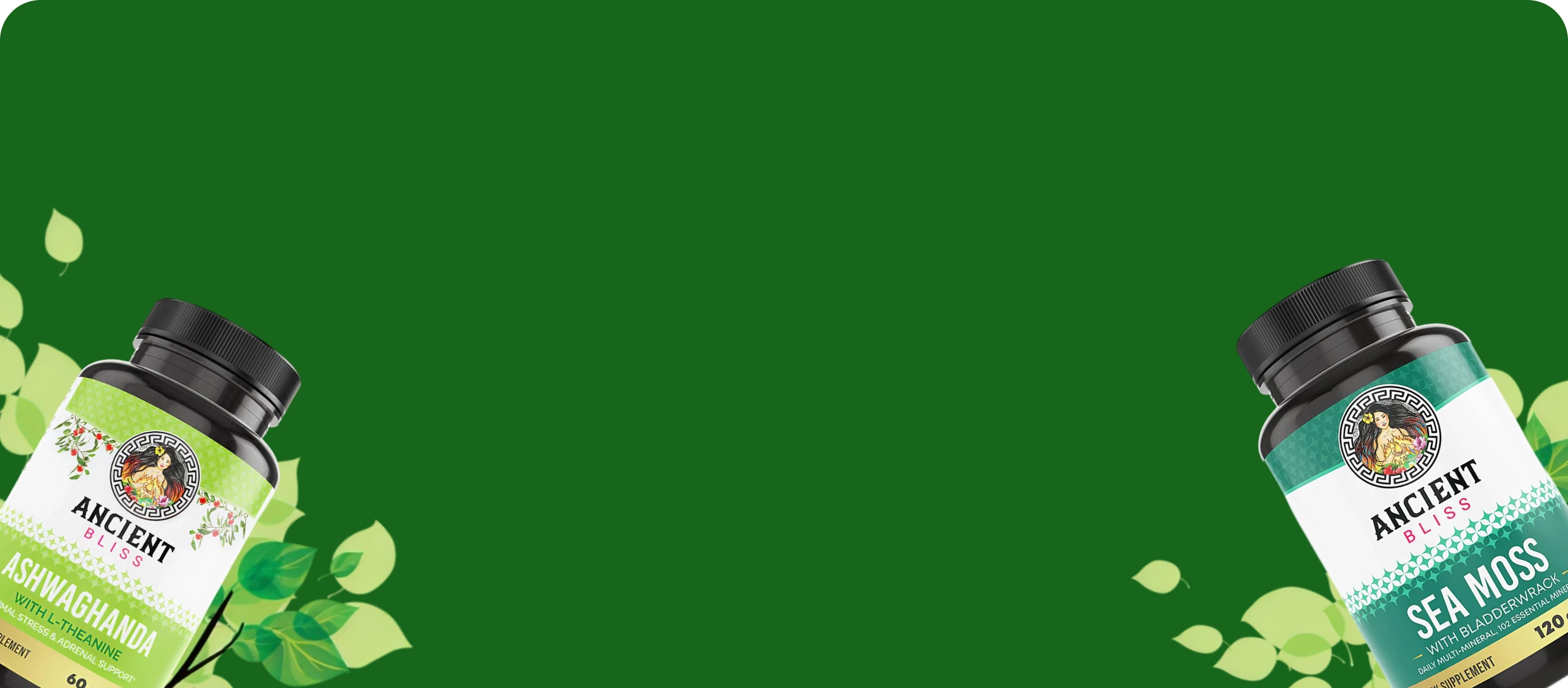6 Amazing Health Benefits of Quercetin

6 Amazing Health Benefits of Quercetin
In recent decades, non-infectious diseases like heart conditions, dementia, diabetes, mood disorders, and more have become a significant cause of concern. These conditions are caused by numerous factors and thus are highly challenging to manage.
It appears that genetics plays only a minor role in the rise of these conditions. After all, the human genome has not changed much in the last five decades. However, lifestyle has undergone considerable change.
Thus, high-calorie intake, sedentary lifestyle, slow down in metabolic rate, and an increased exposure to toxins have all contributed to the rise of various health conditions. However, it seems that many ill effects of these metabolic changes can be countered by increased intake of natural antioxidants.
Plants produce numerous antioxidants that help counter oxidative stress and free radicals, thus boosting the body's regenerative capabilities. Quercetin is one such incredible compound. It is a yellow-colored flavonoid with potent antioxidant capacity. It is abundant in berries, fruits, veggies like onions and broccoli, and much more (1).
Supplementing it may have numerous health benefits.
1. Promotes a healthy Heart
Although the prevalence of cardiovascular disease-related mortality has decreased in the last few decades, it remains the number one cause of disease and death.
Quercetin may help boost heart health in multiple ways. For example, it may reduce stress on the heart, minimize the damage of heart muscles due to free radicals. In addition, it prevents LDL-cholesterol (bad cholesterol) oxidation and thus atherosclerosis (2).
There is increasing evidence that it may also boost blood vessels' nitric oxide (NO) levels. High endothelial (inner layer of blood vessels). Nitric Oxide improves vascular elasticity, prevents platelet aggregation, and reduces clot formation risk (2).
It appears that quercetin may have a potent anti-aging effect, too.
2. Lowers High Blood Pressure
Almost half of the US adults have high blood pressure. It is one of the reasons for heart attack, stroke, and other increasingly common health issues. I know this number may sound alarming, but fortunately, most of these people are living with mild to moderate hypertension.
Mild hypertension can be regulated with lifestyle interventions. Thus, consuming a low salt diet, exercise, and stress management may help. Weight loss may also help reduce hypertension. Adding antioxidants like quercetin may have additional benefits.
Quercetin is one of the most potent natural hypertensives. There is strong clinical evidence that it may be good for managing mild to moderate hypertension. It may also be suitable for use along with anti-hypertensive drugs.
Thus, in a meta-analysis (a study that combines data from multiple clinical trials) published in the Journal of the American Heart Association, authors found significant BP reduction by quercetin (3).
In the study, researchers found seven high-quality clinical trials in a total of 587 subjects. They found that quercetin could lower both the systolic and diastolic BP. Although, it seems to have a more pronounced effect on systolic BP.
3. Reduces Inflammation
Quercetin is not so good for treating some localized inflammation. Instead, it may help suppress systemic inflammation. An example of localized inflammation is joint pain or a wound. However, systemic inflammation is a generalized low-grade inflammation that causes diseases like heart disorders, dementia, and much more.
This low-grade generalized inflammation is the primary culprit causing many chronic ailments. It produces vague symptoms like body aches, fatigue, mood issues, sleep disorders, changes in appetite. Moreover, it is pretty challenging to manage safely. Thus, supplements have a special role in managing generalized low-grade inflammation.
Low-grade inflammation can be diagnosed with the help of lab tests showing a high level of C-reactive protein (CRP), IL-6, and TNF-alpha.
Since it causes so many disorders, suppressing it may reduce the risk of various non-infectious diseases. Studies show that quercetin can reduce CRP, IL-6, and TNF-alpha levels. Thus, it can reduce systemic inflammation and prevent many disorders. It appears that quercetin is more effective in those living with chronic diseases, in females, and at higher dosages (4).
4. Fights Allergies
Allergic diseases are on the rise. It appears that fast urbanization and air pollution are making things worse. However, there could be other contributing factors to the increase in allergy-like changes in gut microbiota, inflammation, and much more.
It appears that quercetin can help in multiple ways. It helps stabilize mast cells and thus reduces histamine release. It may also help by suppressing inflammation. Quercetin is also suitable for suppressing eosinophils' activity, preventing delayed allergic response like that found in asthma (5).
Quercetin works by stabilizing the activity of specific cells. Hence, it is more effective for preventing allergies than treating them. Thus, it is good to regularly use quercetin supplements if living with allergic and inflammatory conditions.
5. Supports a healthy Immune System
Quercetin can support the immune system in multiple ways. It may help by preventing immune dysfunction, reducing inflammation and allergic responses.
It appears that quercetin is not necessarily an immune booster. It rather helps maintain normal immune responses. It may help prevent a slight decline in immunity caused by physical and mental stress. However, these daily swings in the immune system may considerably increase the risk of catching seasonal infections (6).
It means that one may use quercetins regularly during periods of stress or when there is a high risk of infection. It may have a role in preventing even viral infections.
6. Boosts Energy Levels
Chronic fatigue is becoming a more significant health issue in our society today. It may be associated with physical stress, but sometimes there isn’t always an exact cause. Therefore, unexplained chronic fatigue is also on the rise.
Chronic fatigue may occur due to numerous reasons like inflammation, oxidative stress, altered immune responses, changes in mitochondrial function, and much more.
Many studies in humans indicate that quercetin may boost energy levels and enhance exercise performance. A systemic analysis of these studies found that quercetin has a small but statistically significant impact on exercise endurance (7). Thus, regular intake of quercetin may be beneficial for overcoming chronic fatigue. It may help fight both physical and mental stress. Regular intake of quercetin can have wide-ranging benefits for health.
In same category
-
![]()
6 Amazing Health Benefits of Quercetin
6 Amazing Health Benefits of Quercetin In recent decades, non-infectious diseases like heart conditions, dementia, diabetes, mood disorders, and more...
-
![]()
6 Amazing Health Benefits of Quercetin
6 Amazing Health Benefits of Quercetin In recent decades, non-infectious diseases like heart conditions, dementia, diabetes, mood disorders, and more...
-
![]()
6 Amazing Health Benefits of Quercetin
6 Amazing Health Benefits of Quercetin In recent decades, non-infectious diseases like heart conditions, dementia, diabetes, mood disorders, and more...




